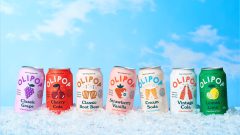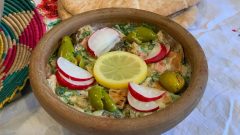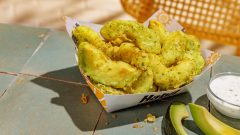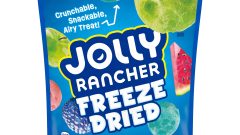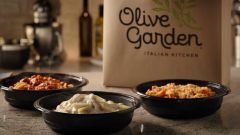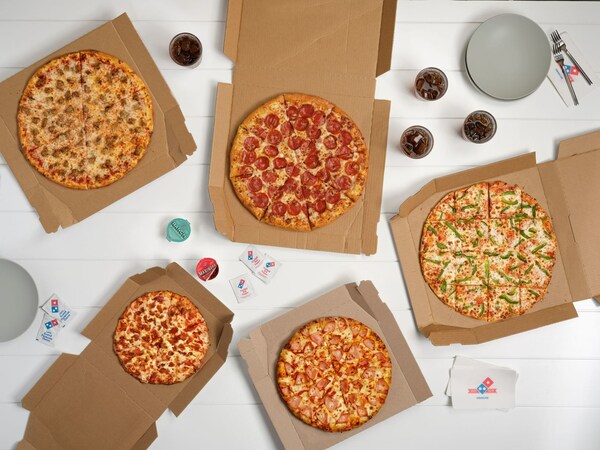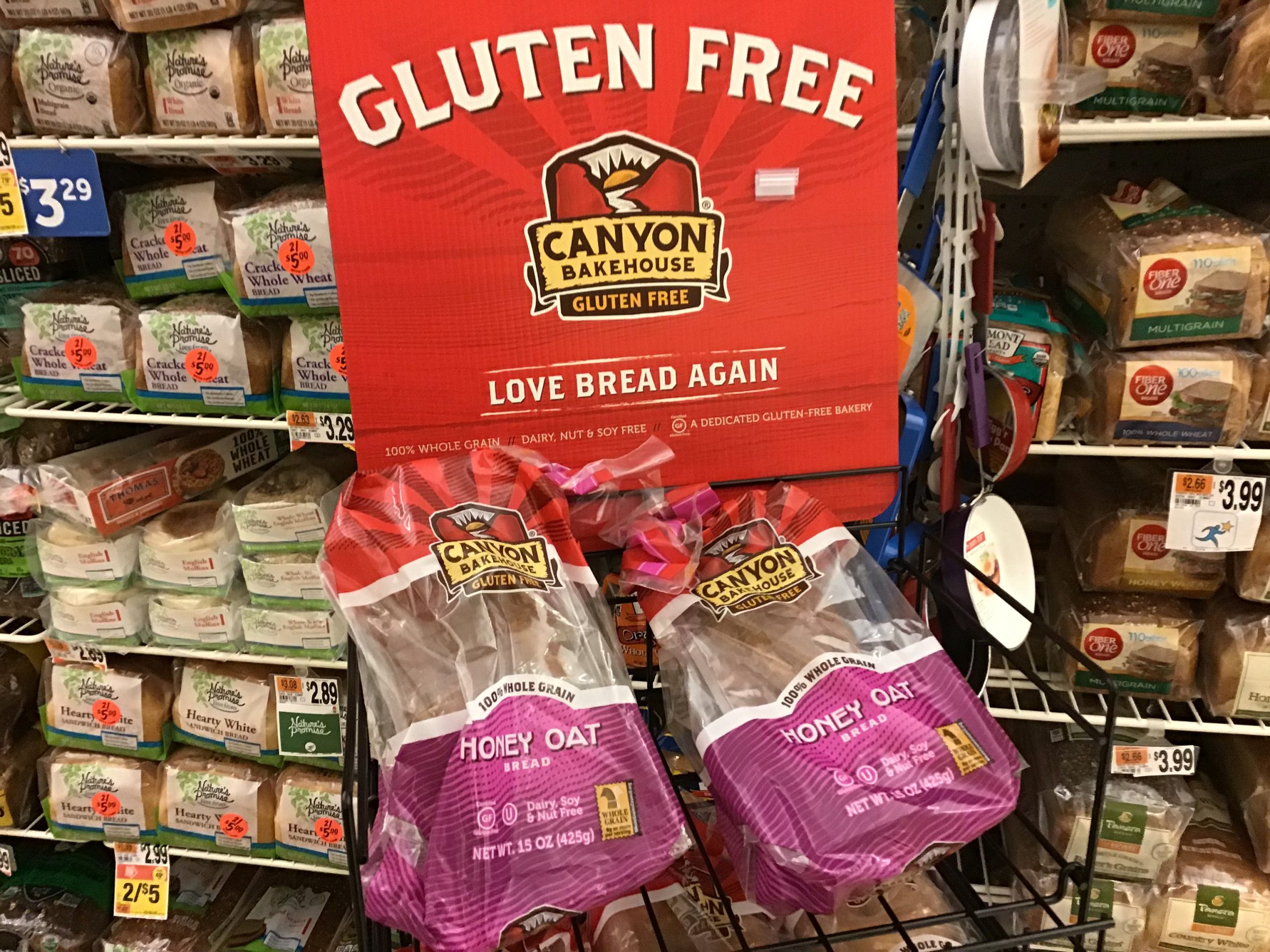With The Help Of Artificial Intelligence, Customized Eating Habits Is The Future
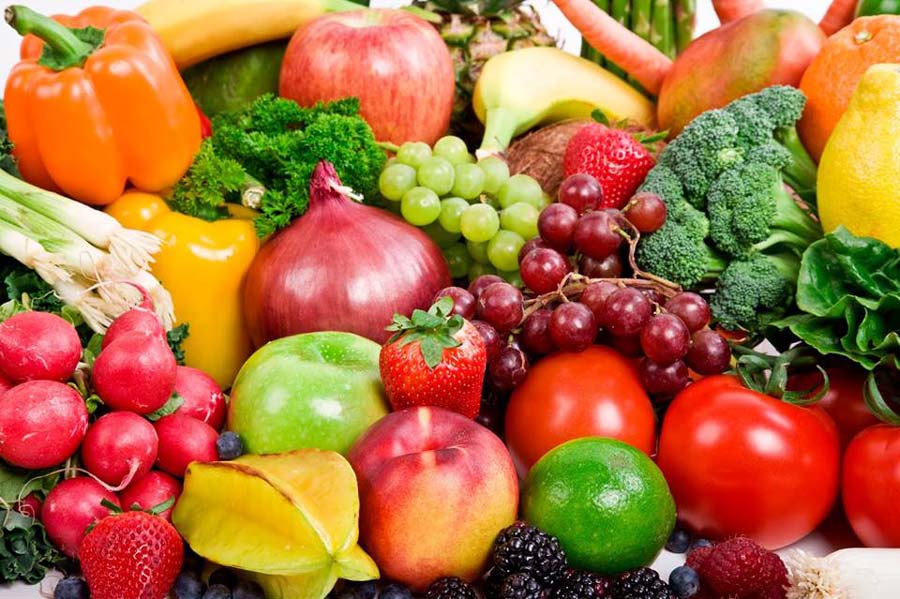
The conversation surrounding what constitutes a healthy diet is constantly shifting. It seems that every few years, there’s a new dietary trend that amasses a following. Positive intentions aside, whether the lifestyle adheres to a strict set of rules or allows for more lenient consumption, they all have one thing in common: They aren’t customized to individual diets.
In other words, they don’t take into account your specific allergies, vitamin deficiencies, or ideal caloric intake. Each of us have distinct dietary needs.
According to CNN, in the next frontier of nutrition science, artificial intelligence will revolutionize personal health. Soon, you’ll know exactly what to and what not to eat.
In January of last year a program called Nutrition for Precision Health (NPH) launched. With $170 million in funding, the National Institutes of Health (NIH) chose institutions around the U.S. to conduct a five-year study involving 10,000 participants.

For insight on the project, as well as AI’s role in personalized health, CNN interviewed Holly Nicastro, Program Director in the NIH and Office of Nutrition Research and Coordinator of NPH.
In Nicastro’s words, “there is no one-size-fits-all diet to stay healthy.” What makes the NPH unique is their focus on individual responses to food and dietary patterns. Using AI to develop predictive algorithms, they’re able to assess a wide range of factors that are generally overlooked in nutrition science. Some interesting factors they examine include one’s environment, lifestyle and even social determinants.
Recruiting through the All of Us Research Program, the NPH plans to study one million people and build one of the most diverse health databases in history. Most of the participants come from underrepresented groups in biomedical sciences.
For the study, data will be analyzed using three modules. The first module will collect participants’ normal day-to-day diets. In the second, researchers will select three different diets for participants to eat. And in the final module, a smaller subset of participants from Module 1 will undergo a two-week study where their food will be carefully controlled.

After the data is compiled, the study will use AI to analyze it, creating an opportunity to develop personalized nutrition that predicts an individual’s response to foods and dietary patterns.
Nicastro believes that people at risk for diabetes, or have trouble regulating their blood glucose levels, will be the first to benefit.
A recent study funded by the Bill & Melinda Gates Foundation indicates that about one in five deaths are caused by poor diet. “Our diets affects our growth, development, risk and severity of disease, and overall wellbeing,” Nicastro says. While the current Dietary Guidelines for Americans offer a pathway towards better population-wide health, it’s a one-size-fits-all approach that can only take us so far.
To learn more about the Nutrition for Precision Health (NPH) program, check out Holly Nicastro’s interview with CNN.


